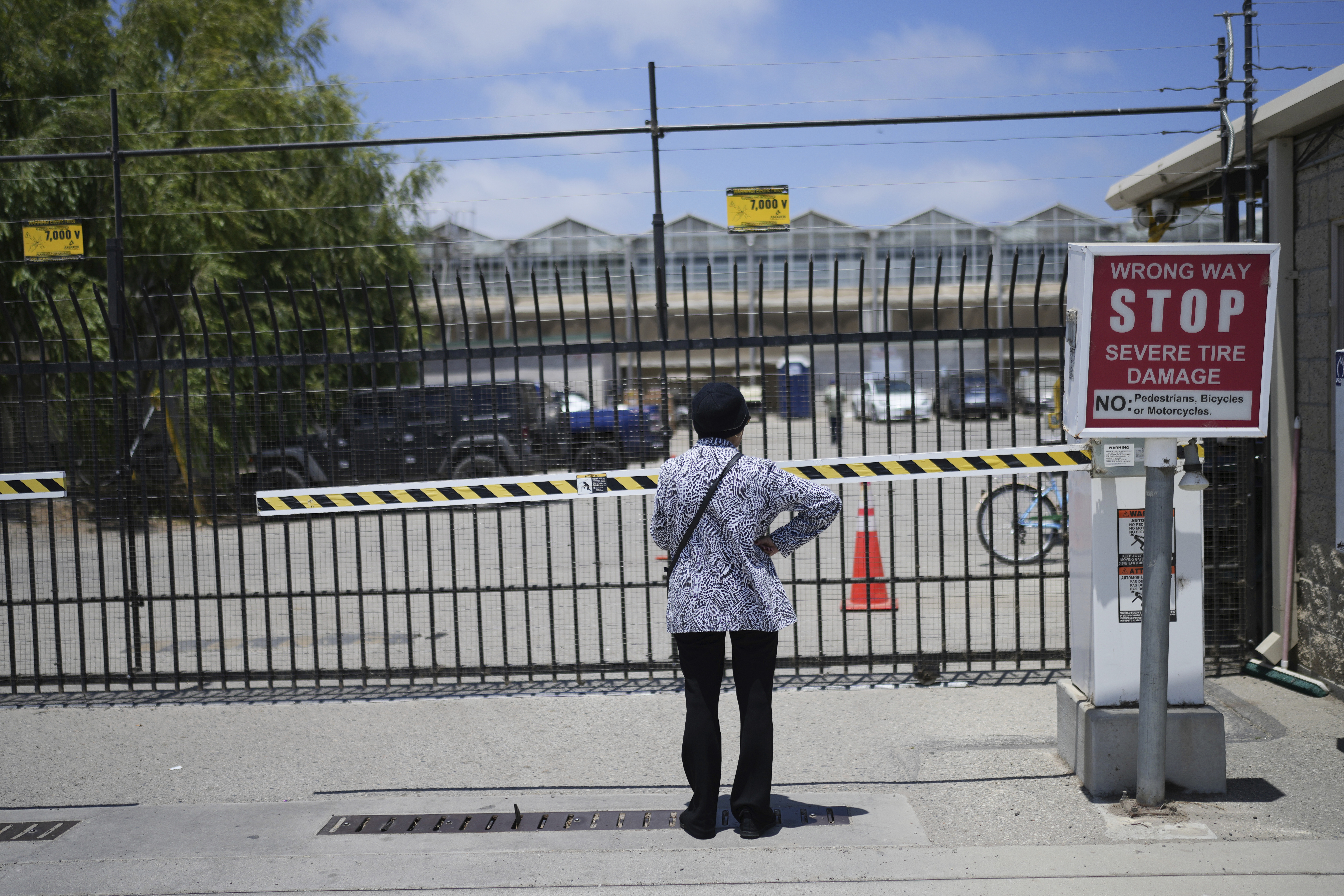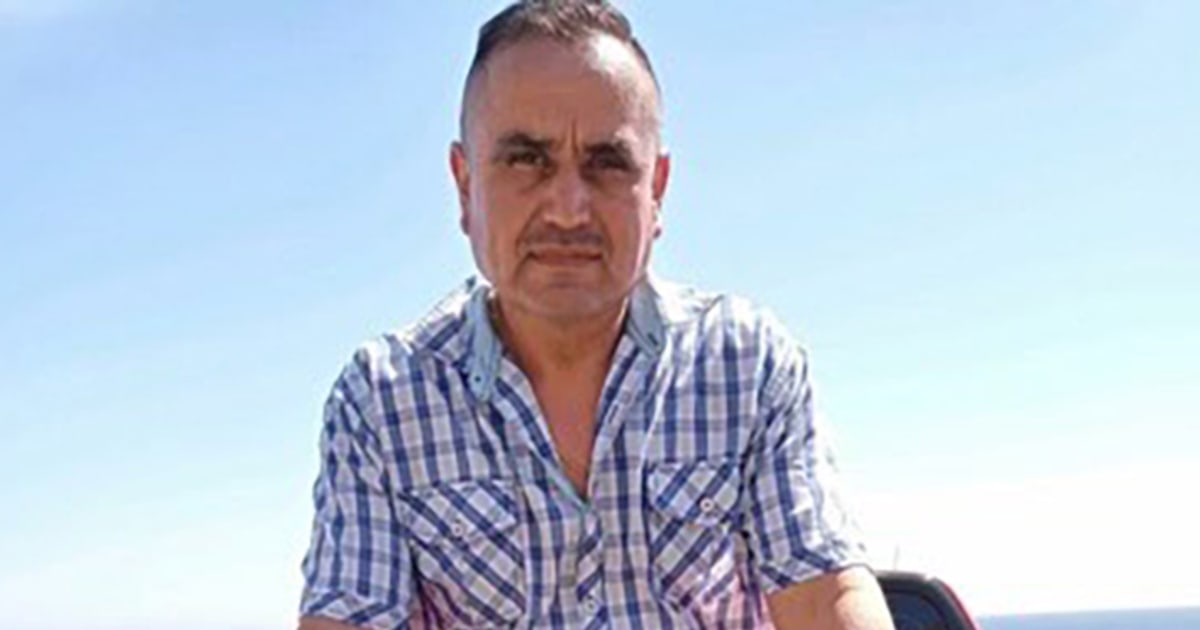Tragedy Strikes Iraq's Kut: Vigilance Crucial for Safety

A Tragedy Strikes Iraq's Kut
A fire broke out in a hypermarket in Kut, Iraq, killing fifty people and devastating the community. The incident, reported by INA and Al Jazeera, has left the Wasit province in a state of shock and mourning. The governor, who described it as a "tragedy and a calamity," has promised to investigate the cause of the fire and provide support to the victims' families.
The Devastating Impact
The fire not only resulted in a loss of life, but also significant damage to the hypermarket and the surrounding area. As the investigation continues, the impact of this tragedy on the community will become clearer. The loss of loved ones and the destruction of property will have a lasting effect on the people of Kut.
The Need for Vigilance
This incident serves as a reminder of the importance of vigilance and safety measures in public places. Fire safety protocols and regulations must be strictly enforced to prevent such tragedies from occurring. The safety and well-being of the community should always be a top priority, and steps must be taken to prevent similar incidents from happening in the future.
About the Organizations Mentioned
INA
The organization known as **INA** in your query appears to be ambiguous based on the provided search results, which focus exclusively on **Organizational Network Analysis (ONA)** rather than an entity named INA. ONA is a methodology and technology used in business and technology sectors to analyze and visualize communication, collaboration, and social networks within organizations, rather than a specific organization itself. **Organizational Network Analysis (ONA)** is a powerful tool that maps and measures interactions and patterns of collaboration among employees inside organizations. It captures data from emails, instant messages, surveys, and collaboration platforms to reveal formal and informal relationships, decision-making flows, and information exchange. This enables organizations to identify silos, bottlenecks, and key influencers that drive change or innovation[3][8]. Historically, ONA has evolved as an emerging HR and organizational development technology aimed at improving agility, innovation, and revenue growth. It helps companies restructure functions, spur innovation by connecting diverse teams, and optimize resource allocation strategically[1][2][6]. Case studies include using ONA to accelerate product development cycles in Fortune 500 companies and to generate new revenue streams by revealing hidden collaboration patterns[1][4]. Key achievements of ONA include: - Revealing communication silos and underutilized talent - Facilitating emergent innovation by breaking down barriers - Enhancing decision-making speed and effectiveness - Driving cultural change by making invisible networks visible[5][6] Currently, ONA platforms are integrated into organizational strategies for large-scale transformations, improving employee experiences and business outcomes by leveraging data-driven insights about people networks[6][7]. Despite concerns about privacy, ONA emphasizes transparency and trust to maximize its benefits without intrusive surveillance[3]. In summary, while there is no specific organization called "INA" detailed here, **Organizational Network Analysis (ONA)** represents a significant advancement in business and technology for optimizing collaboration, innovation, and organizational effectiveness through network science. This makes it highly relevant and engaging
Al Jazeera
## Overview Al Jazeera Media Network is a globally recognized Qatari-funded media conglomerate headquartered in Doha, Qatar[1][2]. Founded in 1996 by Sheikh Hamad ibn Khalifa Al Thani, the then-emir of Qatar, Al Jazeera began as an Arabic-language news and current affairs satellite channel, quickly establishing itself as a pioneer of uncensored news and debate in the Middle East[3]. Its rapid expansion and willingness to cover controversial topics set it apart from other regional broadcasters, earning it comparisons to global giants like CNN[3]. ## Operations and Reach Today, Al Jazeera operates a vast, multi-platform network that includes several television channels (notably Al Jazeera Arabic and Al Jazeera English), extensive digital properties, and specialized platforms such as AJ+ for younger audiences[2][4]. The network maintains over 70 international bureaus, enabling comprehensive, on-the-ground reporting from every continent, and broadcasts to more than 150 countries with an estimated audience exceeding 430 million people[2][7]. Its newsrooms and production facilities in Doha are among the most advanced in the region, supporting 24/7 global coverage and a multicultural, fast-paced work environment[1]. ## Key Achievements Al Jazeera is renowned for its in-depth, often frontline reporting—particularly in conflict zones such as during the Arab Spring, where its coverage won international acclaim, including a Peabody Award[4]. The network’s Investigative Unit has produced award-winning documentaries on global issues like politics, human rights, and environmental challenges, further cementing its reputation for hard-hitting journalism[4]. Its flagship program, *Opposite Direction*, became famous for hosting heated debates on sensitive topics rarely aired elsewhere in the Arab world[3]. ## Current Status and Notable Aspects Despite being funded in part by the Qatari government—a point of criticism regarding editorial independence, especially for its Arabic service
Wasit Province
Wasit Province is an administrative region in eastern Iraq, known historically as a strategic military and commercial center founded in the 8th century by the Umayyad governor al-Hajjaj ibn Yusuf. It was originally established as a garrison city between the key centers of Kufa and Basra, serving both military and administrative purposes during the Umayyad caliphate. Over centuries, the original city declined due to shifts in the Tigris River, but the modern governorate retains its historical name and significance[2][5][7]. Currently, Wasit Governorate is a predominantly Shiite region with a population approaching one million. Its economy centers on agriculture, oil, and natural gas, although many natural resources remain underdeveloped due to limited government leadership and investment[1][9]. The provincial government has made strides in governance and infrastructure, with a budget that expanded significantly from $173 million in 2017 to $792 million in 2022. This budget increase supported infrastructure, basic services, industry, and education, leading to a 97% project completion rate by 2022. The provincial council's cooperation with the private sector and civil society has fostered greater transparency and participatory governance, resulting in improved voter confidence and political stability in the region[3]. Politically, the province has experienced tensions between influential groups such as the Supreme Islamic Iraqi Council (SIIC) and Prime Minister Nouri al-Maliki’s Dawa party, reflecting broader Iraqi political dynamics. The province also benefits from its location near the Iran border, with trade agreements enhancing cross-border commerce[1]. In security, Wasit’s police force is transitioning from a paramilitary structure to a traditional policing model, optimizing personnel assignments based on military or police training to enhance effectiveness and community engagement[6]. Wasit Province thus represents a blend of historical legacy and contemporary development challenges, with ongoing efforts to improve governance, economic diversification, and social stability in a complex regiona














